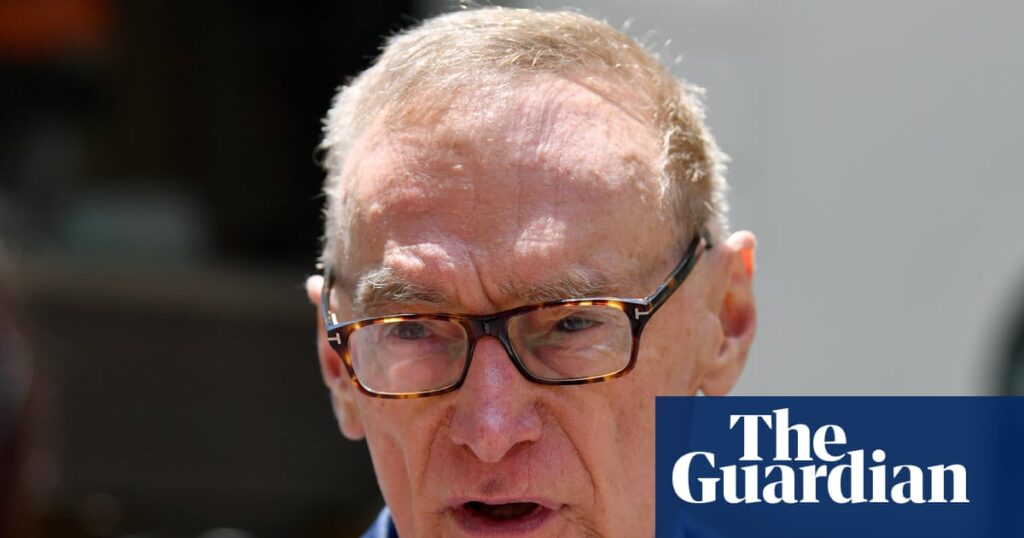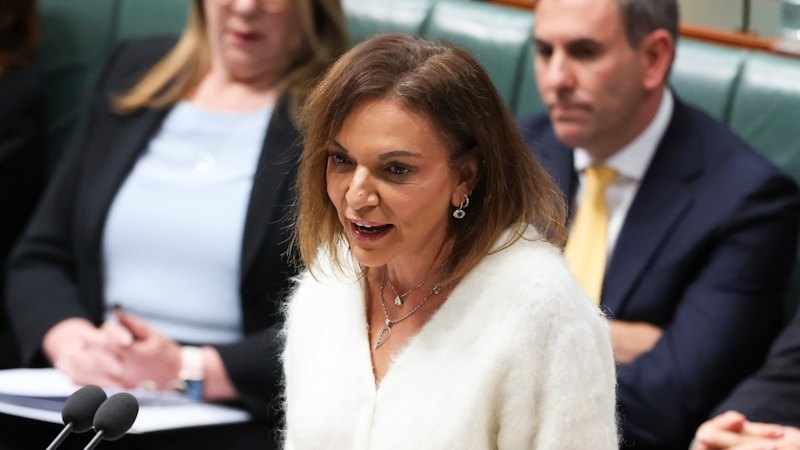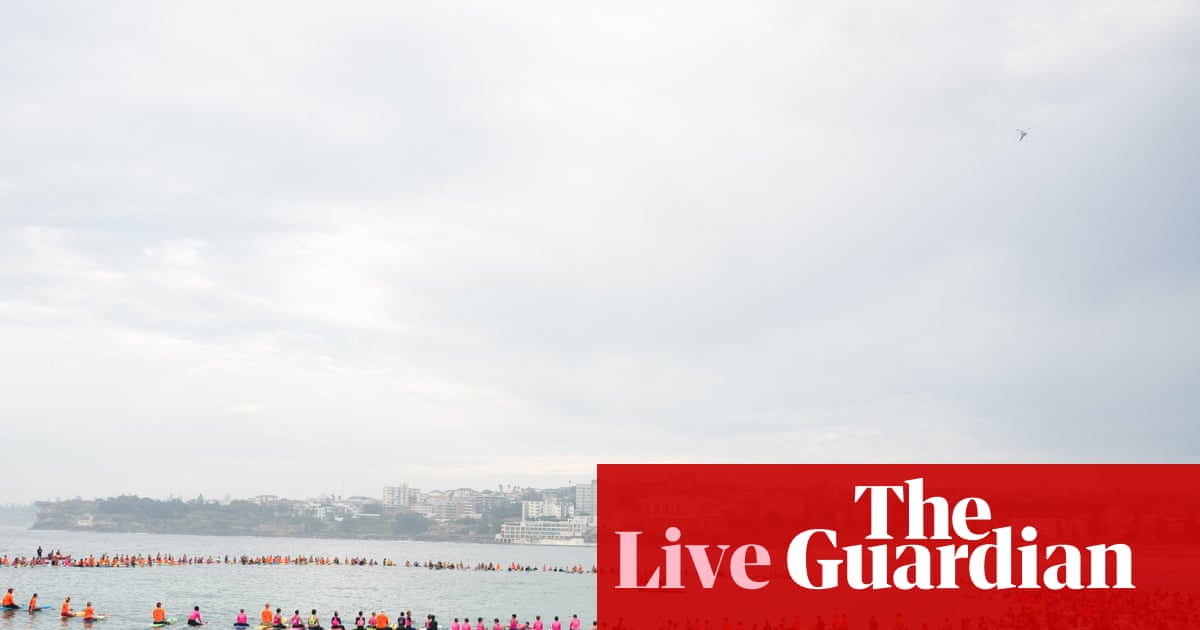
Former Australian Foreign Affairs Minister Bob Carr has called on the federal government to impose sanctions on Israeli Prime Minister Benjamin Netanyahu and swiftly recognize Palestinian statehood. Carr argues that such actions would send “a message that we are turned inside out with disgust by what appears the deliberate starvation” of Gaza.
As the humanitarian crisis in Gaza deepens, Carr, a prominent figure in the Labor Party and former New South Wales Premier, commended Prime Minister Anthony Albanese’s recent condemnation of Israel. Albanese accused Netanyahu’s government of obstructing aid and causing civilian casualties, including children, who are in desperate need of water and food.
However, Carr believes Australia should take further steps to lead the global response to the crisis, suggesting that the nation should follow France’s example in recognizing a Palestinian state. “The PM’s instinct is right, but I reckon the Australian public wants him to push further and harder,” Carr stated in an interview with Guardian Australia. “We should move decisively, now the French have, and get credit in Asia and elsewhere for having a mind of our own.”
Calls for Decisive Action
Labor MP and former cabinet minister Ed Husic echoed Carr’s sentiments, asserting, “The time is now.” This comes as Albanese made his strongest statement yet regarding the situation in Gaza, where international humanitarian organizations have raised alarms over starvation and malnutrition.
Reports indicate that at least 45 people have died from hunger in the past four days, with the United Nations and aid groups blaming Israel’s blockade for the dire food shortages. Despite Albanese’s condemnation, his statement did not include any new actions or concrete responses.
In June, Australia imposed travel bans and financial sanctions on two far-right Israeli ministers. Carr suggests similar measures should be taken against Netanyahu, whom he accuses of directing operations that result in collective punishment and mass starvation of civilians.
International and Domestic Reactions
Israel’s ambassador to Australia, Amir Maimon, defended his country’s actions in a statement, asserting that Israel is “not only entitled but obligated under international law” to protect its citizens. “To condemn Israel for defending itself is wrong,” Maimon wrote. “The international community must stop equivocating and start acting. Pressure must be placed where it belongs, on Hamas.”
Foreign Affairs Minister Penny Wong described the withholding of vital food aid from Palestinian children as “indefensible,” characterizing the situation in Gaza as “beyond the world’s worst fears.” During a press conference in Sydney, Wong emphasized Australia’s commitment to pressing for a ceasefire, the release of hostages, and the flow of aid while upholding international humanitarian law.
“Children are starving, civilians are dying,” Wong stated, reinforcing Australia’s stance on a two-state solution as the ultimate hope for peace.
Historical Context and Political Dynamics
Recognition of a Palestinian state has been part of Labor’s policy for many years, according to Carr, who moved such a motion at the 2014 NSW Labor conference. He believes this move would have majority support within Australian society. “Recognition sends a message that we are turned inside out with disgust by what appears the deliberate starvation of the nation,” Carr noted.
Labor sources report growing outrage within the party’s ranks over the Gaza crisis. The Labor Friends of Palestine, an internal pressure group, has drafted a motion calling for sanctions against the Israeli government, which has been adopted by 80 local branches.
“We call on the Australian government to implement official platform policy and immediately and unconditionally recognize a Palestinian state on the pre-4 June 1967 borders,” said co-convener Peter Moss. “There has never been a more urgent time to assert the rights of the Palestinian people to self-determination, dignity, safety, and equal rights.”
Looking Ahead
As the humanitarian situation in Gaza continues to deteriorate, the pressure mounts on the Australian government to take decisive action. With the potential for a similar motion to be debated at the Victorian state conference in August, the issue of Palestinian recognition and sanctions against Israel remains a contentious topic within Australian politics.
The international community watches closely as Australia navigates its response, balancing diplomatic relations and humanitarian concerns. The coming months will reveal whether the government heeds calls for a more assertive stance on the Israeli-Palestinian conflict.






